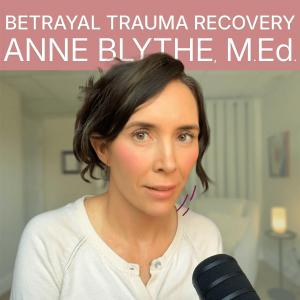Betrayal Trauma Recovery

Are You Married to a Covert Narcissist?
Covert narcissistic abuse is difficult to identify and even harder to escape - learn from Claire's journey and take steps to get yourself to safety.

Covert narcissistic abuse is difficult to identify and even harder to escape - learn from Claire's journey and take steps to get yourself to safety.
